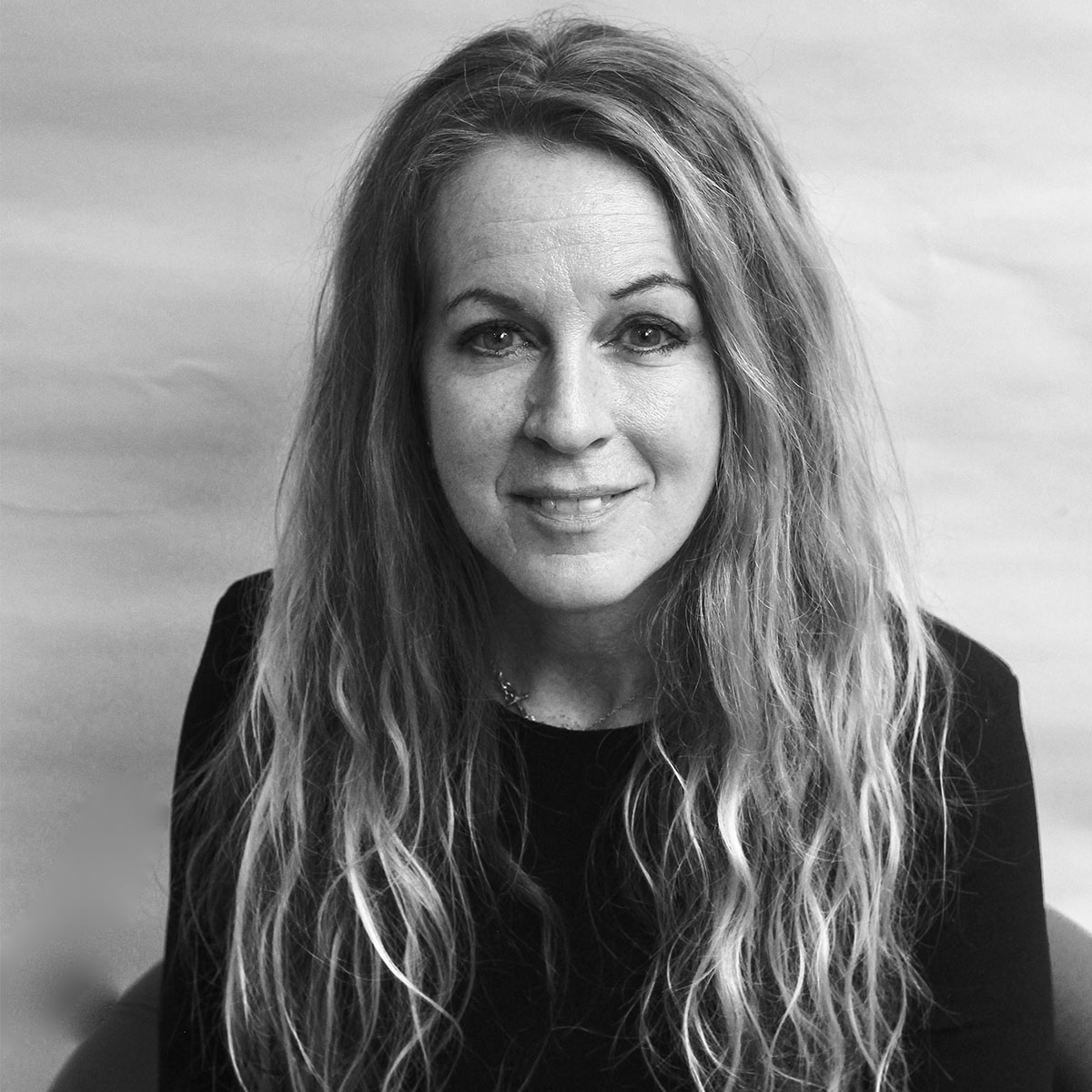Children’s birthday parties have become big business over the last few years and the type of events available offer ever more adrenaline-fueled activities. Gone are the days of a quick game of pass the parcel: these days sumo suits, laser shoots, go-karting and even crazy golf are all regularly featured on the birthday invitation.
However, as the high-octane thrills of children’s parties have increased so too has the risk of something going wrong and a child being injured. The possibility of this happening, and the child being entitled to claim compensation as a result, was underlined recently by a court ruling that held the host of a 10th birthday party liable to pay substantial compensation to a child who was blinded at the party when he was struck in the face by a golf club.
Fortunately, incidents like this are relatively rare and usually when a child is injured they suffer nothing more than a grazed knee or a bump on the head from which they quickly recover. However, when the injury is more serious the question of legal responsibility may need to be considered, particularly if there are long-term implications.
Katherine Flashman Kitson, Director of Litigation at Parnalls Solicitors explains more.
‘The parents or guardians of any child who suffers a serious injury at a children’s birthday party will need to consider whether the child might be entitled to compensation. This is not something you can do alone – specialist advice from a personal injury lawyer will be required, together with a medical opinion.’
So, what steps should you take in the immediate aftermath of an accident to ensure you have everything your lawyer and a medical expert will need to assess your case?
Step 1: seek medical advice and gather evidence
Health issues associated with the injury could take time to emerge, so even if your child appears to be fine in the immediate aftermath of the incident, as a matter of course you should:
• take photographs of the scene of the accident;
• inform the host and the event organiser;
• fill out an accident report form if one is available and include a brief description of the injuries;
• seek medical treatment and take (or request a copy) of any treatment notes; and
• consult a specialist personal injury lawyer as soon as practicable.
Step 2: consider making a legal claim
With the help of your lawyer you need to decide whether to make a compensation claim. Although it is your child who has been injured it will be you, or another family member or friend, who will have to make decisions on their behalf acting as what is known as their ‘litigation friend.’
The time limit for making a personal injury claim is normally three years, but for children the time limit does not start to run until the child reaches the age of 18, meaning that in effect they have until they turn 21 to make a claim. However, it is always advisable to make a claim as soon as possible while events are still fresh in everyone’s mind.
Your lawyer will talk you through the claims process and explain your options. They will also advise you on whether any offer of compensation the host or their insurer’s might make should be accepted or not.
As Katherine explains:
‘It will be your lawyer’s job to establish how the accident happened, whether your child was being supervised at the time and whether the activity they were taking part in had been properly risk assessed. Where fault is established your lawyer will determine who is legally responsible, which may be the parents who were hosting the party or, if it was an organised event, the event’s company.’
‘People coming to see me often worry about how the host of a party will pay for any compensation their child may be entitled to, but in the majority of cases this should not be a concern because most people have insurance’.
‘Another worry is how the parent of a child will fund a personal injury claim, but again this is not something to be too concerned about as claims can often be funded under what is known as a ‘conditional fee agreement’ which means that there is no financial risk to you if the claim is unsuccessful.’
If you need assistance with a child’s injury claim, or any other personal injury matter, please contact Katherine Flashman Kitson, Director of Litigation on 01566 772375 or email flashmnankitsonk@parnalls.com
The contents of this article are for the purposes of general awareness only. The law may have changed since this article was published. Readers should take appropriate professional advice upon their own particular circumstances.

